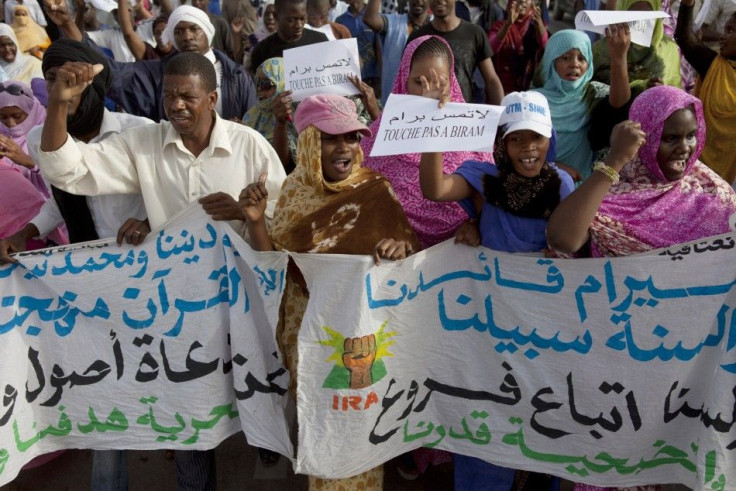27 Million Slaves In The World: Hillary Clinton

Up to 27 million people around the world are living in slavery, declared U.S. Secretary of State Hillary Clinton in connection with a report called “2012 Trafficking in Persons,” released by the State Department.
Such people are “slaves” in the sense that they are landless laborers heavily indebted to landlords, or women and children who have been trafficked for the purposes of being sex workers, among many other scenarios.
The end of legal slavery in the United States and in other countries around the world has not, unfortunately, meant the end of slavery, she said.
Today it is estimated as many as 27 million people around the world are victims of modern slavery, what we sometimes call trafficking in persons.”
The State Department released its report ahead of the 150th anniversary of President Abraham Lincoln’s Emancipation Proclamation, which freed the slaves in the U.S. South in 1863.
Clinton added: Those victims of modern slavery are women and men, girls and boys, and their stories remind us of the kind of inhumane treatment we are capable of as human beings. Whatever their background, they are the living, breathing reminders that the work to eradicate slavery remains unfinished.
The report revealed that only 33 countries (out of 185 monitored) made significant efforts to eliminate the trafficking of human beings. However, some countries, like Bangladesh, Myanmar (Burma) and Venezuela, which have engaged in gross human rights abuses in the past, improved their policies with respect to slavery and trafficking.
With respect to Burma, the report noted that the nation took a number of unprecedented steps to address forced labor and the conscription of child soldiers; these steps amount to a credible commitment to undertake anti-trafficking reforms over the coming year.”
Algeria, Central African Republic, Democratic Republic of Congo, Cuba, Equatorial Guinea, Eritrea, Iran, North Korea, Kuwait, Libya, Madagascar, Papua New Guinea, Saudi Arabia, Suriname, Syria, Yemen and Zimbabwe were cited as the worst countries on earth for the perpetuation of slavery.
Traffickers are criminals. Governments -- which alone have the power to punish criminals and provide legal recourse to survivors -- cannot waver in their efforts to confront modern slavery, the report declared.
The essence of the trafficking experience is the denial of freedom, including the freedom to choose where and how you live, the freedom to work or choose not to work, the freedom from threats and the freedom of bodily integrity.”
The International Labor Organization estimated that 55 percent of the victims of forced labor around the globe are women and girls, while 98 percent of sex trafficking victims are female.
Ultimately, this [State Department] report reminds us of the human cost of this crime. Traffickers prey on the hopes and dreams of those seeking a better life. And our goal should be to put those hopes and dreams back within reach, whether it's getting a good job to send money home to support a family, trying to get an education for oneself or one's children or simply pursuing new opportunities that might lead to a better life, Clinton said.
Under U.S. laws, countries that fail to combat human trafficking are subject to sanctions, including a prohibition of all non-humanitarian aid, and potentially no financial help from the World Bank and International Monetary Fund.
© Copyright IBTimes 2025. All rights reserved.





















